
As has been said before, “the world is a mess and getting messier still” (To think or not: Zen, Tolstoy, Depression and Enjoyment).
The number of problems we face is astounding (UN Global Issues). It’s like the world is going to hell in a handbasket and we’re the cause. Go to any zoo, refugee camp or suburb. See for yourself. How can a person enjoy with a clear conscience when so much is wrong?

Even though we know, “The whole surface of Earth is a series of connected ecosystems” and “every factor in an ecosystem depends on every other factor,” we continue to pave over ecosystems with joyous abandon (National Geographic).
But a change from soil and water to roads, suburbs and industry has a funny way of affecting plants and on animals depending on those plants.
We have pollution in the ocean twice the size of Texas (source). We have poverty, crime, racism, road rage, distrust, violence and an epidemic of death by drug addiction. We have cancers and viruses and the doctors and scientists who try to help us get death threats (‘I hope you die’: how COVID pandemic unleashed attacks on scientists).
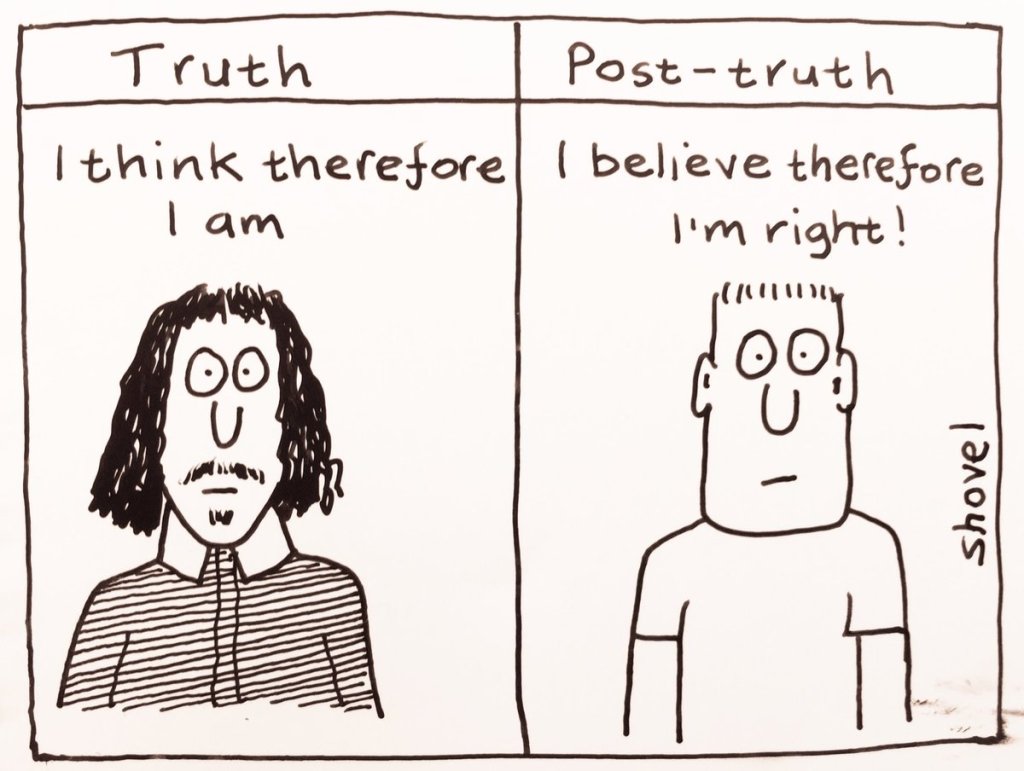
It’s like nature is out to get us and humans don’t get it. Plants and animals go extinct as economics drive global destruction. People are more irrational than ever and no amount of intelligence, Artificial or otherwise, seems able to save us from ourselves.
So, what’s the answer? Is it escapism and surrender? Is it global conflict and action? Is it ruining your life worrying and not enjoying?
How can a run-of-the-mill human (one of 7.9 billion no less) make a difference, be a good ancestor, live a good life and enjoy good times with love and a calm state of mind?
In such a messed up world what can philosophy do?
Well… a lot actually.
Philosophy comes from the Greek “philein” and “sophia” meaning “lover of wisdom” (source). A lover of wisdom relates to any area where intelligence is shown. Wisdom is the ability to think and act using “knowledge, experience, understanding, common sense and insight” (source). If we valued wisdom more than money, celebrity and immediate gratification, if we practiced wisdom religiously, as in, “with consistent and conscientious regularity” (Dictionary), we could easily solve all our problems both individually and collectively.
Psychology was born from philosophies dating back thousands of years (source). Philosophy is logic. Philosophy is religion stripped of wishful thinking. Philosophy is understanding yourself, other people, the world, and your relationship with the world and other people (source).
“Understanding” means to “stand in the midst of” from Old English understandan meaning “to comprehend, grasp the idea of, receive from a word or words or from a sign the idea it is intended to convey” (Etymology Online).
The answer starts with attention and self-awareness.
According to Kruger and Dunning (1999) without mental tools we can’t see our own incompetence. For example: “hunters who know the least about firearms also have the most inaccurate view of their firearm knowledge, and doctors with the worst patient-interviewing skills are the least likely to recognize their inadequacies” (The more inept you are the smarter you think you are).
There are so many websites endorsing the Dunning-Kruger Effect most people don’t question it, but they should: “Dunning-Kruger Effect Is Probably Not Real“. Truth is, if we’re not paying attention, we’re all susceptible to cognitive biases, as in, “systematic errors in thinking.”
Research shows, for example, there is an asymmetry in our thinking towards negativity, meaning, we register the negative more readily and frequently than positive (Negativity Bias).
But on the flip-side, we’re also susceptible to Optimism Bias whereby our brains are overly optimistic. “If,” for example, “you were asked to estimate how likely you are to experience divorce, illness, job loss, or an accident, you are likely to underestimate the probability that such events will ever impact your life” (source).
Positive events lead to feelings of well being, while negative events lead to risky behavior and not taking precautions (source).
Consciousness is being aware of your environment and body. Self-awareness is the recognition of that awareness. Self-awareness is how you understand feelings, motivations and desires (source). Whether you think overly negative or optimistic can depend on your mood. People are less optimistic in a bad mood and more optimistic in a good mood (source).
A mood is a “temporary state of mind or feeling” (Dictionary). Thinking is a way of dealing with moods. We can think our way out of a feeling by finding solutions to meet the need behind that feeling (University of Cape Town).
According to the World History Encyclopedia (2005, p. 409) the first philosopher was Zoroaster (aka Zarathustra) who lived somewhere between 1500 and 1000 BC (source).
Zoroaster praised “Ahura” (Lord) “Mazda” (Wisdom) and founded “Mazdayasna” which means “Worship of Wisdom.” Before the 6th century BC, philosophy and science were not separated from theology which probably explains how Zoroaster, the world’s first philosopher, started the world’s first monotheistic religion (source).
Imagine that! The first monotheistic God was Wisdom itself!
Starting with Pythagoras (570-495 BC)—who, incidentally, first coined the word “philosophy” (source)—Zoroaster’s followers taught ancient Greeks about the love of wisdom (source).
Pythagoras influenced Plato and Aristotle who influenced Western philosophy which influenced Christianity through medieval scholars like Thomas Aquinas (1225-1274) who developed his own conclusions from Aristotelian ideas.
Zoroaster’s religious philosophy is known for its motto ‘Good thoughts, Good Words, Good Deeds.’ It teaches sharing, generosity and kindness. What could be better? Even the rock star Freddie Mercury (1946-1991) born Farrokh Bulsara got into that.
Zoroaster was also the world’s first proponent of ecology through care of the earth (source).
Let us practice wisdom in thought, word and deed! Let us enjoy thinking, Air and a little ping pong.
We can be lovers of wisdom and save the world, one mind at a time.
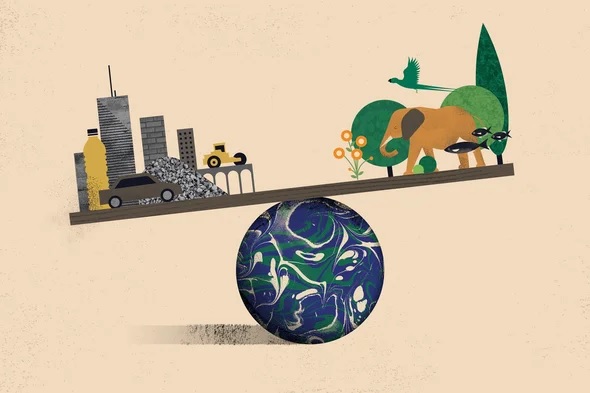



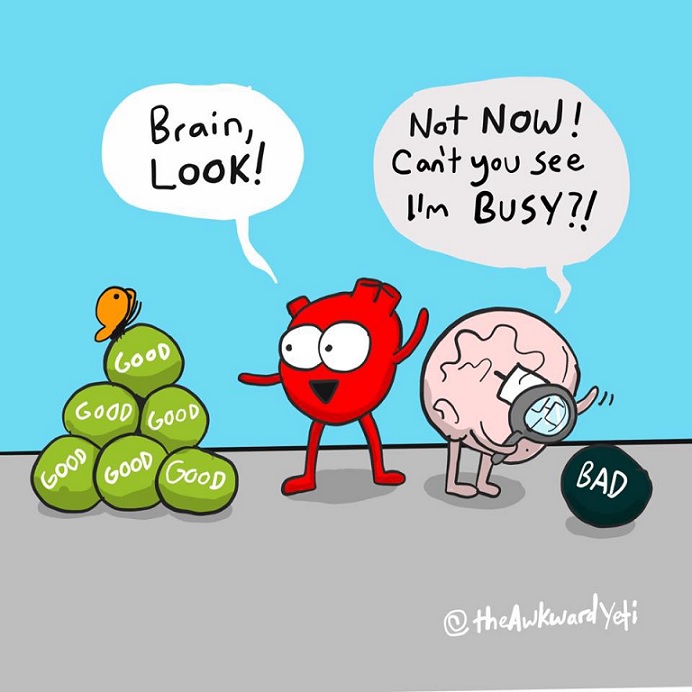


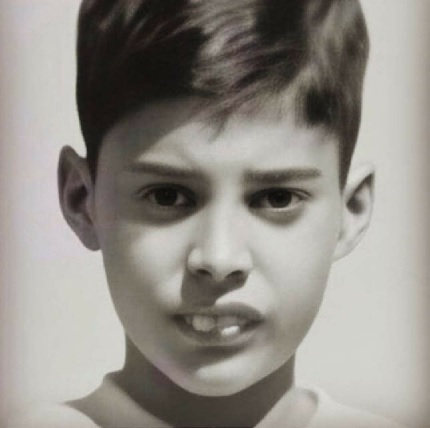

 Unless you’re a bot—an autonomous program on a network—you’re here for a reason.
Unless you’re a bot—an autonomous program on a network—you’re here for a reason.



 Want buys you a Kinder egg in hopes that you enjoy the toy inside. What you get from wanting is a prize, guaranteed.
Want buys you a Kinder egg in hopes that you enjoy the toy inside. What you get from wanting is a prize, guaranteed. 



 There’s a war going on. It’s been going on for a couple of thousand years. It’s happening right now. It’s on TV, in the news and in books and movies. It’s on the Internet and on billboards but it isn’t an obvious war. It’s subtle. There are no bombs as a rule.
There’s a war going on. It’s been going on for a couple of thousand years. It’s happening right now. It’s on TV, in the news and in books and movies. It’s on the Internet and on billboards but it isn’t an obvious war. It’s subtle. There are no bombs as a rule. Like The Troggs said, “It’s written on the wind. It’s everywhere I go” (“
Like The Troggs said, “It’s written on the wind. It’s everywhere I go” (“ The philosopher Michel Onfray—resident hedonist, atheist, and anarchist—says that it’s a war between materialists and idealists (
The philosopher Michel Onfray—resident hedonist, atheist, and anarchist—says that it’s a war between materialists and idealists ( Imagine holding a spoon. You see it. You feel its weight and cool metal in your hand. These perceptions happen within your brain where data from sensory organs comes together and forms an “image” of the spoon in your brain, but apart from your perceptions and awareness of the spoon, is there really something outside and separate from your mind? Do you regard the spoon as real or not?
Imagine holding a spoon. You see it. You feel its weight and cool metal in your hand. These perceptions happen within your brain where data from sensory organs comes together and forms an “image” of the spoon in your brain, but apart from your perceptions and awareness of the spoon, is there really something outside and separate from your mind? Do you regard the spoon as real or not?





 In
In  In the article “
In the article “




 Anna is “a little, mechanical thing of fixed will,” and Tom is “blind, and intent, irritated into mechanical action” (p. 78). They are blind and mechanized. Cut off. Disconnected. Tom is angry and Anna won’t stop crying. Each is alone to the other. Hostility evaporates their empathy. Tom doesn’t care what she wants and Anna doesn’t care what he wants.
Anna is “a little, mechanical thing of fixed will,” and Tom is “blind, and intent, irritated into mechanical action” (p. 78). They are blind and mechanized. Cut off. Disconnected. Tom is angry and Anna won’t stop crying. Each is alone to the other. Hostility evaporates their empathy. Tom doesn’t care what she wants and Anna doesn’t care what he wants.
 Joe Campbell said that, “Every god, every mythology, every religion, is true in this sense: it is true as metaphorical of the human and cosmic mystery. He who thinks he knows doesn’t know. He who knows that he doesn’t know, knows” (
Joe Campbell said that, “Every god, every mythology, every religion, is true in this sense: it is true as metaphorical of the human and cosmic mystery. He who thinks he knows doesn’t know. He who knows that he doesn’t know, knows” (
 Religion and philosophy are guides. Where religion has rituals, philosophy doesn’t. Where religion has supernatural beliefs and a concept of faith—a belief in something without evidence—philosophy doesn’t.
Religion and philosophy are guides. Where religion has rituals, philosophy doesn’t. Where religion has supernatural beliefs and a concept of faith—a belief in something without evidence—philosophy doesn’t.

 Science fiction writer Philip K. Dick (1928-1982) said, “Reality is that which, when you stop believing in it, doesn’t go away” (
Science fiction writer Philip K. Dick (1928-1982) said, “Reality is that which, when you stop believing in it, doesn’t go away” (

 A shift in consciousness towards acceptance, contentment and awareness like Tom Brangwen’s can happen to anyone, anywhere, anytime—even you, even here, even right this second!
A shift in consciousness towards acceptance, contentment and awareness like Tom Brangwen’s can happen to anyone, anywhere, anytime—even you, even here, even right this second!
 The battle goes on beneath the surface of consciousness. That’s why you sometimes say, “Why did I do that? Did I say that? That wasn’t me.” Like everybody, you’re under a misconception. You think you know what influences you and how those influences affect you.
The battle goes on beneath the surface of consciousness. That’s why you sometimes say, “Why did I do that? Did I say that? That wasn’t me.” Like everybody, you’re under a misconception. You think you know what influences you and how those influences affect you. First you have a feeling, then you make up something to explain that feeling. The explanation becomes a label. The label is declared true. It influences you. You become a self-fulfilling prophecy primed by what you do.
First you have a feeling, then you make up something to explain that feeling. The explanation becomes a label. The label is declared true. It influences you. You become a self-fulfilling prophecy primed by what you do. But it isn’t.
But it isn’t.

 There’s nothing you must do. There’s no mountain you must climb. Success and failure don’t matter. Just contentment. Contentment is not death! Contentment is bliss! In dictionaries contentment and happiness are interchangeable.
There’s nothing you must do. There’s no mountain you must climb. Success and failure don’t matter. Just contentment. Contentment is not death! Contentment is bliss! In dictionaries contentment and happiness are interchangeable. It’s all in how you frame it. What’s your spin on things? How do you see yourself? Is life bliss-filled or disasterous? You decide. You choose. It’s simple really. Nothing to it. Live a pleasant life by living wisely, justly and well (Epicurus). And yet, living a pleasant life can be difficult when you’re with a species hell-bent on making the earth a landfill.
It’s all in how you frame it. What’s your spin on things? How do you see yourself? Is life bliss-filled or disasterous? You decide. You choose. It’s simple really. Nothing to it. Live a pleasant life by living wisely, justly and well (Epicurus). And yet, living a pleasant life can be difficult when you’re with a species hell-bent on making the earth a landfill. In 1982 when Alice Cooper (aka Vinnie Furnier) sang, “We’re all clones. All are one and one are all” (
In 1982 when Alice Cooper (aka Vinnie Furnier) sang, “We’re all clones. All are one and one are all” (
 Framing is a bias towards a given choice depending how it’s presented. It’s how the cover of a book influences your judgement. Framing moves you to react in certain ways based on how your brain makes comparisons between loss/gain, good/bad, half-full/half-empty. In framing you decide what’s important.
Framing is a bias towards a given choice depending how it’s presented. It’s how the cover of a book influences your judgement. Framing moves you to react in certain ways based on how your brain makes comparisons between loss/gain, good/bad, half-full/half-empty. In framing you decide what’s important.

 “Transcend” comes from Latin trans-, meaning “beyond,” and scandare, meaning “to climb” (
“Transcend” comes from Latin trans-, meaning “beyond,” and scandare, meaning “to climb” (
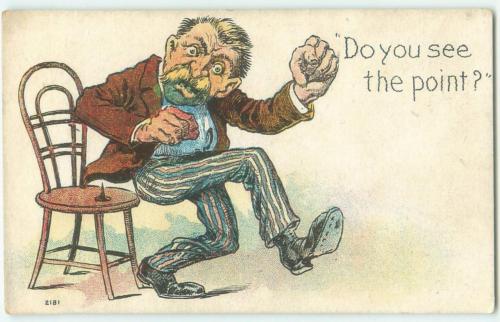







 We have a limited idea of who we are. Yes, we are each a bag of skin crowned by a cranium, but do we end in skin? What about air in lungs and energy from the sun in our bellies? Going into atoms we see nothing there – just energy waves. We’re energy waves. Not that this matters when you stub your toe, but a “hard” world is softened with a realization of how interconnected and diaphanous (light and insubstantial) this all is.
We have a limited idea of who we are. Yes, we are each a bag of skin crowned by a cranium, but do we end in skin? What about air in lungs and energy from the sun in our bellies? Going into atoms we see nothing there – just energy waves. We’re energy waves. Not that this matters when you stub your toe, but a “hard” world is softened with a realization of how interconnected and diaphanous (light and insubstantial) this all is.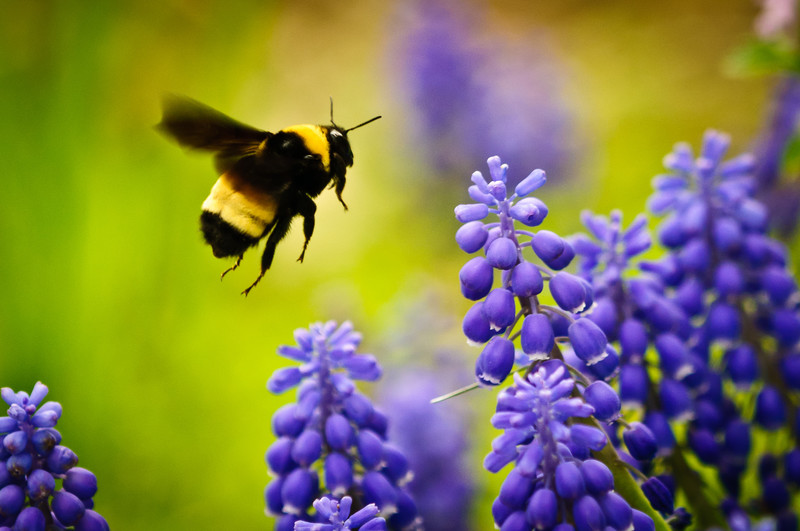
 What you love is what you enjoy. Enjoyment is a one step process: Express love for something and you are happy.
What you love is what you enjoy. Enjoyment is a one step process: Express love for something and you are happy.
 You’re up before the sun “working in a coal mine, going down down,” and someone says, “Lord! I am soooo tired. How long can
You’re up before the sun “working in a coal mine, going down down,” and someone says, “Lord! I am soooo tired. How long can  But few people see signs these days and those who do are maligned. We might crave a vision but all we have is TV. It’s not because the signs aren’t there that we don’t see them.
But few people see signs these days and those who do are maligned. We might crave a vision but all we have is TV. It’s not because the signs aren’t there that we don’t see them.


 No sooner do you have this realization when you see a sign. But it isn’t the sign that catches your attention. It’s the sign spinner. Stopped at a streetlight, you watch the sign spinner. Suddenly life doesn’t seem so bad.
No sooner do you have this realization when you see a sign. But it isn’t the sign that catches your attention. It’s the sign spinner. Stopped at a streetlight, you watch the sign spinner. Suddenly life doesn’t seem so bad. What you thought was going to be “one of those days” changes into something beautiful when you open yourself to connection and possibility.
What you thought was going to be “one of those days” changes into something beautiful when you open yourself to connection and possibility. Jump forward: now you’re in a lab cubicle waiting for a nurse to take your blood. You’re listening to the Moody Blues sing “
Jump forward: now you’re in a lab cubicle waiting for a nurse to take your blood. You’re listening to the Moody Blues sing “



 But when you are lost in gazing at the moon, who are you? Who is the real you – the you who was a child – the secret you – the true you? Who are you when you’re asleep? As Suzanne Little sang in
But when you are lost in gazing at the moon, who are you? Who is the real you – the you who was a child – the secret you – the true you? Who are you when you’re asleep? As Suzanne Little sang in 


 As Sandy Nelson put it in in the 1961 hit “
As Sandy Nelson put it in in the 1961 hit “ It’s because we each see through a mental window of our own making. From this self-window the world is negotiated. We look for advantages. We envy. We see faults. We worry. Our world is decorated with self-created irritations and we feel different and alone within our self-made, self-identity.
It’s because we each see through a mental window of our own making. From this self-window the world is negotiated. We look for advantages. We envy. We see faults. We worry. Our world is decorated with self-created irritations and we feel different and alone within our self-made, self-identity.


 In quantum theory there’s a phenomenon known as “superposition” from which it’s possible for the same particle to be doing two contradictory things simultaneously (
In quantum theory there’s a phenomenon known as “superposition” from which it’s possible for the same particle to be doing two contradictory things simultaneously ( Think of a time when you felt a feeling of love, of beauty, of understanding, of oneness with everything and everyone.
Think of a time when you felt a feeling of love, of beauty, of understanding, of oneness with everything and everyone. It’s like we’ve been hypnotized by a magician (our self). He snaps his fingers and says, “Wake up. Look around.” And you do. No longer is reality filtered by fear and desire. It’s direct. What you see blows your mind.
It’s like we’ve been hypnotized by a magician (our self). He snaps his fingers and says, “Wake up. Look around.” And you do. No longer is reality filtered by fear and desire. It’s direct. What you see blows your mind.


 There are men at the next table yelling. Humphrey leans close. “Look at them,” he says. (Marcus complies.) “As long as they are busy and entertained, they will be good but tonight these men will drink and look for a fight. Why? Boredom! And why? Because life has no meaning.”
There are men at the next table yelling. Humphrey leans close. “Look at them,” he says. (Marcus complies.) “As long as they are busy and entertained, they will be good but tonight these men will drink and look for a fight. Why? Boredom! And why? Because life has no meaning.” Marcus holds up a flower. Men at the next table mimic. “What is this?” asks Marcus. A flower, thinks Humphrey. “Is this flower a thing?” Yes. It is a thing (weed actually). “What is a thing?” A thing is an object. “Am I a thing?” No. You are a man. “Why am I not a thing and this flower is?”
Marcus holds up a flower. Men at the next table mimic. “What is this?” asks Marcus. A flower, thinks Humphrey. “Is this flower a thing?” Yes. It is a thing (weed actually). “What is a thing?” A thing is an object. “Am I a thing?” No. You are a man. “Why am I not a thing and this flower is?” “What is the meaning of this thing?” asks Marcus of the flower. It has no meaning. “Would you agree that the purpose of this flower is to flower?” Possibly. “Could the meaning of a bird be that it birds?” Birds bird. Flowers flower. You, you. I get it. “Does not a blue sky mean what it is?” Humphrey isn’t sure. “The trouble is that we word the world. We think ourselves separate. We thing it, or, ‘thing-K’ it.” Marcus emphasizes the hard K sound.
“What is the meaning of this thing?” asks Marcus of the flower. It has no meaning. “Would you agree that the purpose of this flower is to flower?” Possibly. “Could the meaning of a bird be that it birds?” Birds bird. Flowers flower. You, you. I get it. “Does not a blue sky mean what it is?” Humphrey isn’t sure. “The trouble is that we word the world. We think ourselves separate. We thing it, or, ‘thing-K’ it.” Marcus emphasizes the hard K sound. “When we were children, the world was what I’d call spiritual. We didn’t name. We didn’t categorize. We didn’t analyze. We enjoyed. One star was not better than another. We ran around without thinking, ‘Why are we running around?’ It’s like we were in Eden – not the Biblical place – but the feeling of delight, contentment, happiness
“When we were children, the world was what I’d call spiritual. We didn’t name. We didn’t categorize. We didn’t analyze. We enjoyed. One star was not better than another. We ran around without thinking, ‘Why are we running around?’ It’s like we were in Eden – not the Biblical place – but the feeling of delight, contentment, happiness
 BAM! Two tankards of ale are slammed onto the table by a beautiful barmaid. They pick up their drinks and enjoy as a musician plays
BAM! Two tankards of ale are slammed onto the table by a beautiful barmaid. They pick up their drinks and enjoy as a musician plays 
 The feeling within Humphrey switches from boredom to…. a feeling of
The feeling within Humphrey switches from boredom to…. a feeling of  Humphrey and Marcus finished their ale and parted. Humphrey said he’d never forget being intensely aware. He thanked Marcus for pointing out the obvious and for showing him how to enjoy. A few days later, Humphrey died of an abscessed tooth.
Humphrey and Marcus finished their ale and parted. Humphrey said he’d never forget being intensely aware. He thanked Marcus for pointing out the obvious and for showing him how to enjoy. A few days later, Humphrey died of an abscessed tooth.